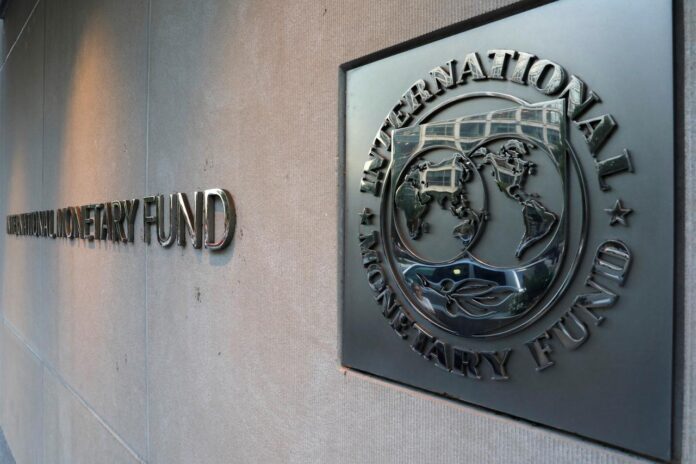KARACHI: The local auto industry faces uncertainty ahead of the FY26 budget as the International Monetary Fund (IMF) pressures the government to rationalize auto tariffs and permit the commercial import of used cars.
The IMF has argued that the auto sector is overly protected, with tariffs and duties on locally produced vehicles reaching over 40%, making the sector less competitive and efficient.
Auto assemblers and parts vendors have expressed concerns that allowing commercial imports of used cars and reducing tariffs on completely built units (CBUs) below a certain threshold could lead to the collapse of the local industry. These fears were discussed in a meeting with Special Assistant to the Prime Minister Haroon Akhtar Khan on May 6, where industry representatives voiced their concerns about the negative impact on their business.
However, the SAPM reassured them that the government would balance tariff reforms to protect the local industry while aligning with the IMF’s recommendations.
The government has proposed to reduce tariffs by 5-10% as part of a gradual reduction in additional customs duty (ACD) and regulatory duty (RD), with higher tariff cuts expected for CBUs with larger engine sizes. The objective is to ease the burden on consumers by lowering the high prices of locally produced vehicles and parts, while still supporting the growth of the domestic market.
The IMF’s directive aims to increase competitiveness and reduce inefficiencies in the sector, potentially benefiting consumers by lowering prices. However, the local industry, which currently enjoys high levels of tariff protection, remains resistant to these changes, arguing that they may harm the sector’s long-term sustainability.




